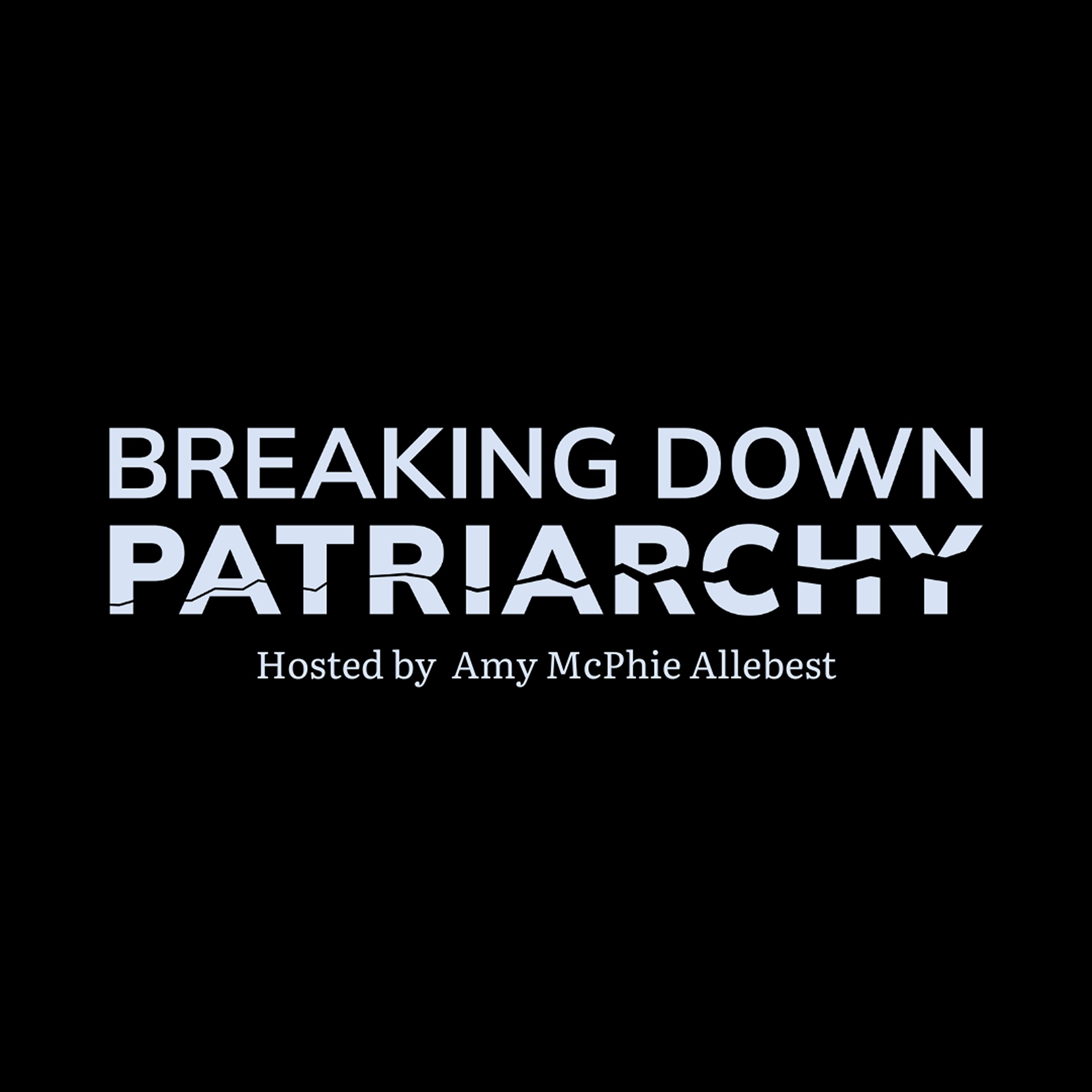Episode 60
Inferior: How Science Got Women Wrong, and the New Research That's Re-Writing the Story, by Angela Saini
Amy is joined by guest Dr. Chantal Dolan to discuss Inferior: How Science Got Women Wrong by Angela Saini. Topics include women in STEM, outdated ideas about the female brain, and our evolving views of sexuality.
Dr. Chantal Dolan received her BA in Human Biology from Stanford University, her MPH in Epidemiology and Biostatistics from UC Berkeley, and her PhD in Epidemiology from the Stanford University School of Medicine. She brings over a decade of experience working in the biotechnology industry both in-house and as a consultant. She has worked in all phases of clinical trials to design and implement scientifically sound epidemiology and outcomes research studies to support the biologic license applications of biotechnology products. She has experience working in many clinical areas including oncology, endocrinology, immunology, pulmonary diseases, and ophthalmology. Dr. Dolan is committed to protecting and enhancing public health by providing the highest level of scientific epidemiology and health outcomes research to her clients. Dr. Dolan lives in Sandy, Utah, with her husband, two kids, and a dog and cat.


